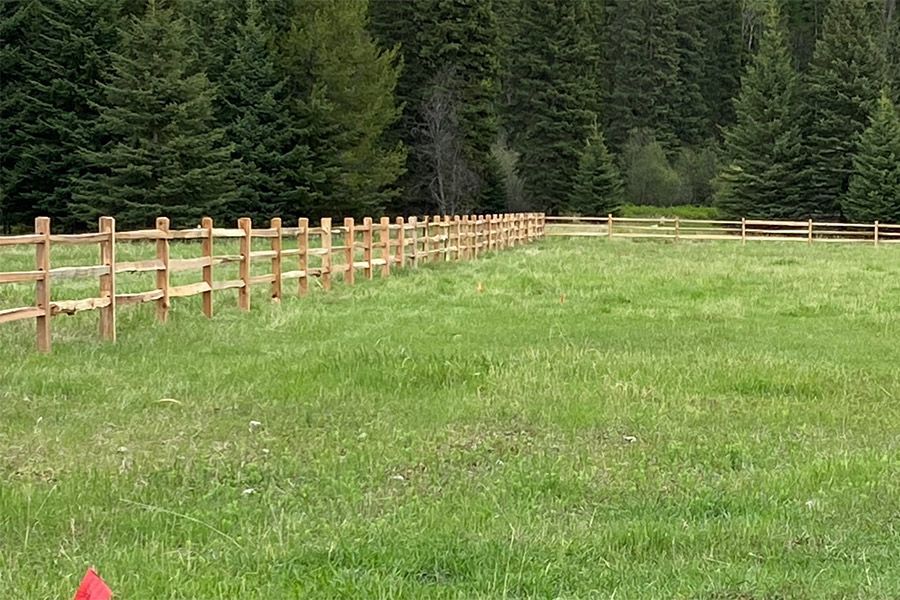Selecting the right fence for your home or business can be tough. Let's compare the benefits of continuous panel fencing versus traditional fencing to help you make the right choice.
Materials and Cost Comparison
The materials you choose for your fence significantly affect its price and performance:
- Continuous Panel Fencing: Typically made of welded steel, this option is designed for durability and longevity. While the initial investment may be higher, the reduced maintenance costs make it a cost-effective solution over time.
- Traditional Fencing: Includes options like wood, barbed wire, or vinyl. While often less expensive upfront, these materials may require frequent repairs or replacements, increasing long-term costs.
Durability and Care: A Key Comparison
Considering long-term durability and maintenance, here's how the two types of fencing measure up:
- Continuous Panel Fencing: Designed for toughness, continuous panel fencing can withstand harsh weather and livestock-related impacts. It requires very little maintenance, typically only occasional cleaning or rust treatment.
- Traditional Fencing: Prone to weather-related wear, wood fences can rot, while barbed wire and vinyl can break or degrade over time. Regular upkeep is often necessary to maintain functionality and appearance.

Visual Appeal of Fencing Types
The visual impact of your fence contributes to your property’s overall charm:
- Continuous Panel Fencing: Offers a modern, streamlined look that complements both agricultural and residential properties. The sleek steel design can be customized with finishes and accessories.
- Traditional Fencing: Wood and vinyl fences evoke a traditional, rustic style, while barbed wire is more utilitarian in appearance.
Suitability for Various Applications
Different fencing types serve different purposes:
- Continuous Panel Fencing: Perfect for securing livestock, delineating property boundaries, and in areas where high durability is essential.
- Traditional Fencing: A good choice for smaller spaces, decorative uses, or situations where cost is a concern.
Conclusion: Making an Informed Decision
When choosing between continuous panel fencing and traditional fencing, consider your priorities:
- For long-term durability and low maintenance, continuous panel fencing is the clear winner.
- For a more budget-friendly or decorative option, traditional fencing could be the more cost-effective and decorative solution.
Consider your budget, property needs, and aesthetic preferences to choose the ideal fencing option.